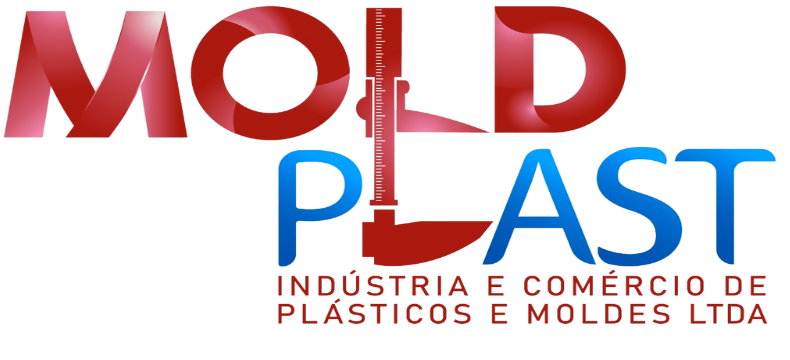In as we speak’s digital age, we’re always bombarded with an awesome amount of information. With the internet at our fingertips, we’ve got access to an endless stream of articles, news, blogs, and research papers on a wide range of topics. While this abundance of information can be a valuable resource, it can also lead to information overload, making it challenging to sift through the noise and discover essentially the most related and significant content. In this article, we will explore strategies for overcoming information overload and changing into a selective article reader.
Define Your Goals and Interests:
To successfully manage information overload, it’s essential to start by clarifying your goals and interests. What are you looking to achieve by means of your reading? Are you making an attempt to stay informed about current occasions, develop your knowledge in a selected field, or just keep entertained? Understanding your goals will allow you to filter out irrelevant content and focus on what really matters to you.
Curate Your Sources:
Not all sources are created equal. To avoid information overload, carefully curate the sources you observe and trust. Seek out reputable websites, journals, and publications that persistently provide high-quality, reliable information. Subscribe to newsletters or set up RSS feeds from trusted sources to obtain updates directly associated to your interests.
Create a Reading Schedule:
Establish a regular reading schedule to allocate dedicated time for consuming articles. Whether it’s a each day routine or a weekly session, having a set time for reading will assist you to stay organized and stop information overload from creeping into your everyday life.
Set Priorities:
Prioritization is key to selective article reading. Determine which articles are most relevant to your goals and interests and tackle them first. For those who come throughout a particularly lengthy piece, consider whether or not it’s well worth the time investment primarily based in your objectives.
Skim and Scan:
When faced with a long article, use the strategy of skimming and scanning to quickly assess its content. Look at headings, subheadings, and the opening and shutting paragraphs to gauge whether or not the article accommodates the information you need. If it does, read it in-depth; if not, move on to the next one.
Make the most of Technology:
Leverage technology to your advantage. Use apps and tools that can assist you to manage and manage your reading materials. As an illustration, bookmarking tools, like Pocket or Instapaper, mean you can save articles for later reading, while note-taking apps, like Evernote or Notion, enable you to store and manage necessary information.
Apply the 5-Second Rule:
Should you’re not sure whether to read an article, attempt making use of the “5-Second Rule.” Spend no more than five seconds scanning the article’s introduction and headings. If it doesn’t instantly grab your attention or align with your interests, move on.
Be taught to Say No:
It’s okay to skip articles that do not resonate with you or aren’t directly related to your goals. Learning to say no to certain content material will unlock your time and mental bandwidth for more meaningful reading experiences.
Take Breaks:
Avoid the temptation to consistently eat articles in a never-ending quest for information. Instead, take breaks between reading periods to digest and reflect on what you’ve got learned. This permits you to retain information better and prevents burnout.
Embrace Deep Reading:
While selective reading is essential for managing information overload, do not forget the worth of deep reading. Whenever you come across an article that really captivates you and aligns with your interests, take the time to read it completely and interact with the material on a deeper level.
In conclusion, overcoming information overload in the digital age requires a strategic approach to selective article reading. By defining your goals, curating your sources, setting priorities, and using technology, you possibly can effectively manage the flow of information and extract valuable insights from the huge sea of articles available online. Keep in mind that it’s not about consuming every bit of content material however about discovering and engaging with the articles that truly matter to you and align with your objectives. With the suitable strategies in place, you may navigate the information landscape with confidence and purpose.
In case you loved this article and you want to receive details relating to Can You Use Neosporin on Your Tattoo please visit our website.

